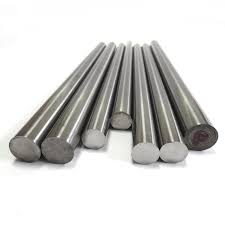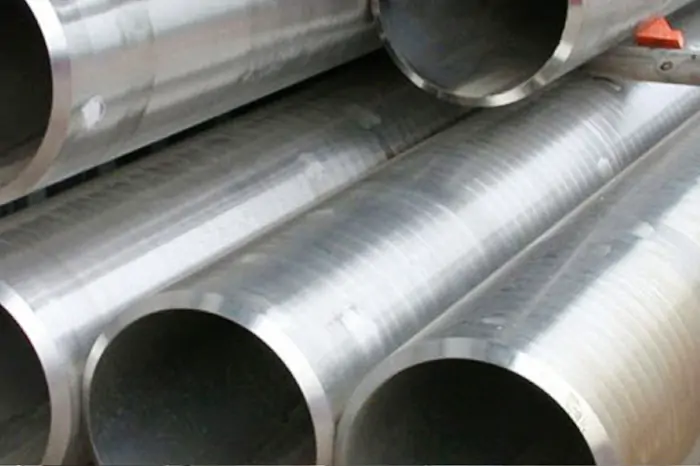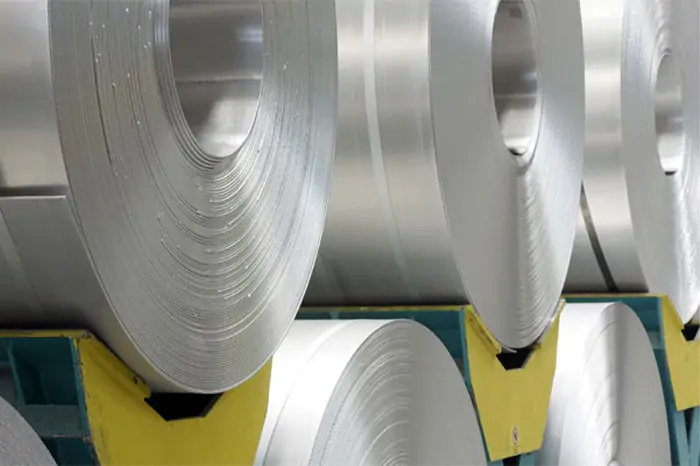The oil and gas industry operates in some of the harshest environments on Earth, where equipment is constantly exposed to corrosive conditions. This makes the selection of materials for oil rigging equipment crucial. Corrosion-resistant alloys are at the forefront of ensuring durability and longevity in such demanding applications. Let’s explore the importance of these materials and their role in oil platform operations.
Oil rigs are exposed to saltwater, high humidity, and extreme temperatures, which can accelerate the corrosion process. Using corrosion-resistant metals is essential to prevent equipment failure, which can result in costly downtime and safety hazards. Corrosion-resistant materials are designed to withstand these harsh conditions, ensuring that oil rig equipment remains functional and safe over the long term.
Table of Contents
ToggleTypes of Corrosion-Resistant Alloys
Stainless Steel
Stainless steel is a popular choice due to its excellent corrosion resistance and mechanical properties. It contains chromium, which forms a protective layer on the surface, preventing rust and degradation. This makes stainless steel a preferred material for pipelines, storage tanks, and other structural components on oil rigs.
Nickel Alloys
Nickel alloys are known for their high-performance capabilities in extreme conditions. Alloys like Inconel and Monel are particularly suited for oil rigging applications due to their resistance to seawater corrosion and high temperatures. These alloys provide excellent strength and durability, making them ideal for critical components like valves, pumps, and heat exchangers.
Titanium Alloys
Titanium is another exceptional material used in oil rigging equipment due to its outstanding corrosion resistance, particularly in marine environments. Titanium alloys are lightweight yet strong, making them suitable for components that require both strength and mobility, such as drilling risers and hydraulic lines.
Advantages of Using Corrosion-Resistant Alloys
Enhanced Durability
Corrosion-resistant materials significantly increase the lifespan of oil rigging equipment by reducing the rate of material degradation. This durability ensures continuous operation, minimizing maintenance costs and extending the intervals between replacements.
Safety and Reliability
The use of high-performance alloys in oil rigs enhances safety by preventing equipment failure caused by corrosion. Reliable equipment operation is critical to prevent accidents and ensure the safety of personnel working on the platforms.
Cost-Effectiveness
While corrosion-resistant alloys may have a higher initial cost, their long-term benefits outweigh these expenses. Reduced maintenance and replacement needs lead to substantial cost savings over time, making them a financially sound investment for oil companies.
Conclusion
Corrosion-resistant alloys are indispensable for oil rigging equipment, offering protection against the harsh conditions of the marine environment. By investing in high-quality, corrosion-resistant materials, oil companies can ensure the safety, reliability, and cost-effectiveness of their operations. As technology advances, the development of even more robust alloys will continue to support the industry’s growth and sustainability.








